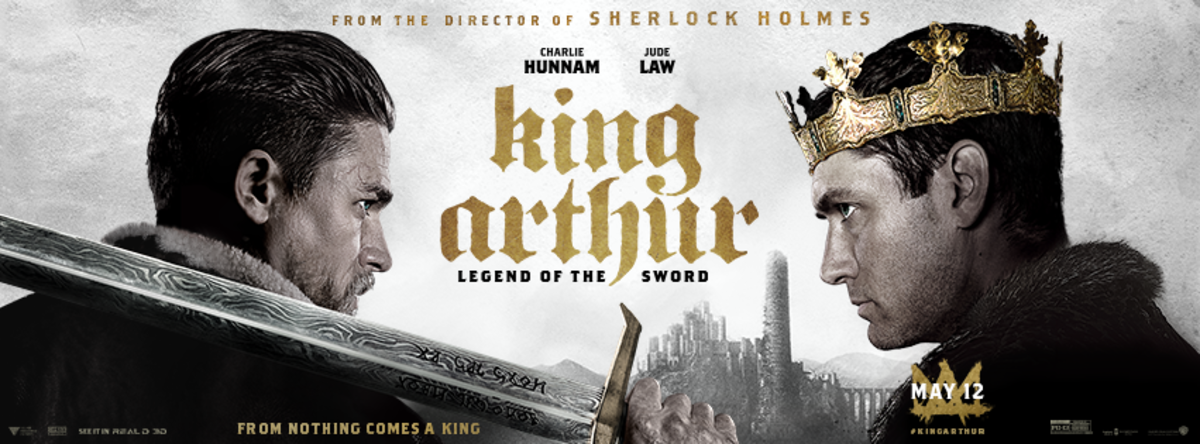Island of Ghosts
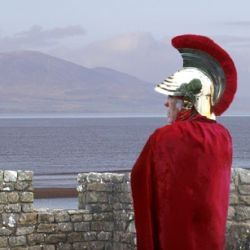
A Novel of Roman Britain
Could the legend of King Arthur have its roots outside of England? Did the story of Excalibur begin in the mountains of the Caucasus?
In the little republics of the Caucasus Mountains, people sing songs of their greatest heroes. Many of the stories bring a sense of deja vu, we know these stories somehow, and they are especially familiar to readers of the legends of Britain and the hard years just after the Romans went home.
How could they be telling stories that sound so much like the story of King Arthur?
This novel contains the answer.
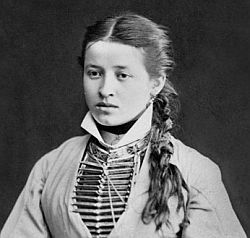
Who were the Sarmatians?
Sarmatia was a region between the River Vistula in modern-day Poland and the Caspian Sea.
This ancient Romans called this area Sarmatia, and described the men as being of great stature and beauty, their hair is somewhat yellow, their eyes are frighteningly fierce.
About 20% of Sarmatian "warrior graves" on the lower Don and lower Volga contained females dressed for battle as if they were men and it's believed that the legends of the Amazons originated here.
The Sarmatians declined in the 4th century with the Migration period of the Huns and Goths.
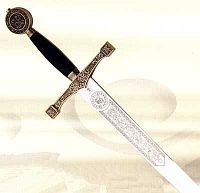
Is this Excalibur?
One Sarmartian folk tale is of especial interest to readers of British legends.
A much loved hero, mortally wounded in a great battle and knowing death was near, told one of his warriors to heave his magical sabre into the Sea.
The warrior departed with the sword, but, intent on keeping such a valuable and magical weapon, didn't throw it away.
The dying Hero doesn't believe the claim that the sword simply sank into the waters, so he angrily demands that the warrior obey him. Ashamed, the warrior throws the sabre into the waves.
The water roiled and boiled red, rushing upward in a great gush, and an arm rises from the lake and takes the sword. Satisfied, the hero dies.
Does this sound like the story of King Arthur and his magical sword Excalibur?

Island of Ghosts
Cultural diversity poses serious challenges for the Roman Empire.
Picts raid the northern borders, Roman administrators have married into local families of questionable loyalty, and the occupying army itself consists of units drawn from some of the Empire's farthest reaches.
Into this volatile situation, the Empire sends 8000 fierce and independent Sarmatian horse soldiers.
It falls upon a prince, Ariantes, to navigate through this treacherous political territory and bring his troops to safety in their new lives as Roman soldiers in a strange land.
Further Reading

Latest Research on Artorius
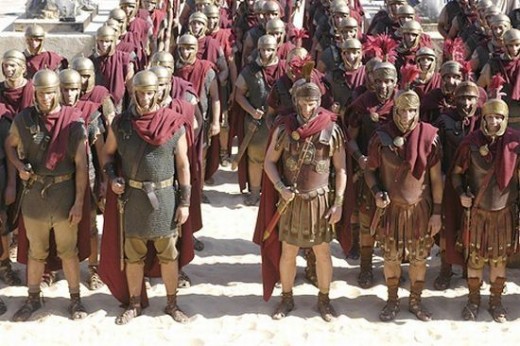
Author Gillian Bradshaw creates Marcus Flavius Facilis, a "senior centurion", as the officer to lead the Sarmatians from Pannonia to Britain.
Modern research seems to confirm the long-standing hypothesis that the officer was in fact one Lucius Artorius Castus. Or, in modern terms, Luke Arthur
Although the story of Arthur is set over 400 years after the invasion of Britain, the tales and lore of the Samartian troops have left their mark on Arthurian legend.
The Samartian background of Arthur and his knights was used in the 2004 film, King Arthur.
King Arthur and the Samartian Theory

We will go home ....
The movie King Arthur, is based on the Samartian Theory. In this moving scene the Samartian troops believe they are going back to their homeland.
A rousing tale and a hearty recommendation
Island of Ghosts is a rousing tale of a culture other than Roman or Celtic through the Britain of Late Antiquity, especially since the Roman army in the province was so strongly reinforced by auxilia and numeri, mostly cavalry units supplied by client and conquered tribes from outside Britain.
The picture is far more accurate than many historical novels of Britain set in Late Antiquity or the early medieval period.
A great tale, an appealing account of military life, a love affair between people from different backgrounds - and a welcome addition to the literature of the Matter of Britain.
Thank you Gillian Bradshaw!
© 2009 Susanna Duffy


